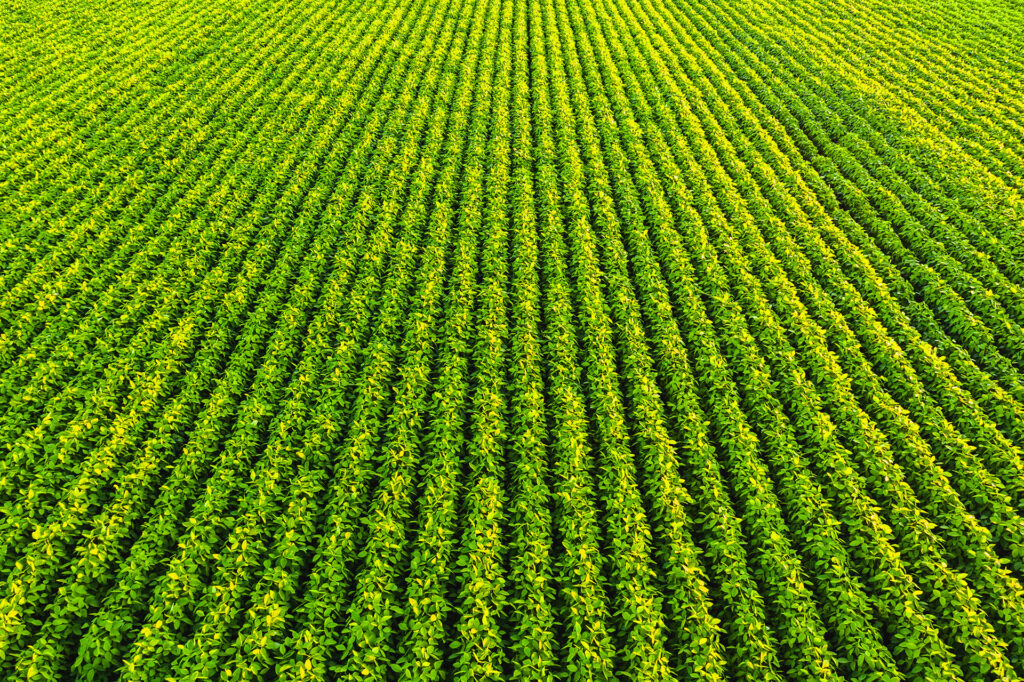Summary of Analyzing the Environmental Impact of Chemically-Produced Protein Hydrolysate from Leather Waste vs. Enzymatically-Produced Protein Hydrolysate from Legume Grains
Biostimulant: Leather – Legume Protein – Sustainable Crop Solutions
Introduction
Protein hydrolysates act as plant biostimulants that boost crop growth, improve fruit quality, and enhance stress tolerance. Biostimulant: Leather – Legume Protein can be made from animal or plant sources, each with different environmental impacts.
Comparing Production Methods
Traditionally, chemical hydrolysis converts leather waste into protein hydrolysates. This process consumes more energy and emits more CO2. Conversely, enzymatic hydrolysis of legumes, such as lupine, creates biostimulants more sustainably while maintaining effectiveness.
Environmental Assessment
We applied life cycle assessment (LCA) using GEMIS software to compare the two methods. We measured CO2 emissions, fossil energy use, and water consumption per kilogram of protein hydrolysate. For legume-based biostimulants, the LCA included lupine cultivation and industrial processing. For leather-based biostimulants, the assessment covered only industrial production since leather collagen is a by-product.
Key Findings
The enzymatic process of legume-derived biostimulants uses 26% less energy and produces 57% fewer CO2 emissions than chemical hydrolysis of leather. Thus, biostimulant production from legumes offers a clear environmental advantage.
Conclusion
Biostimulant: Leather – Legume Protein from legumes is an eco-friendly alternative to animal-derived products. Farmers can adopt this solution to improve crop growth while reducing environmental impact.
Publication: Agriculture









